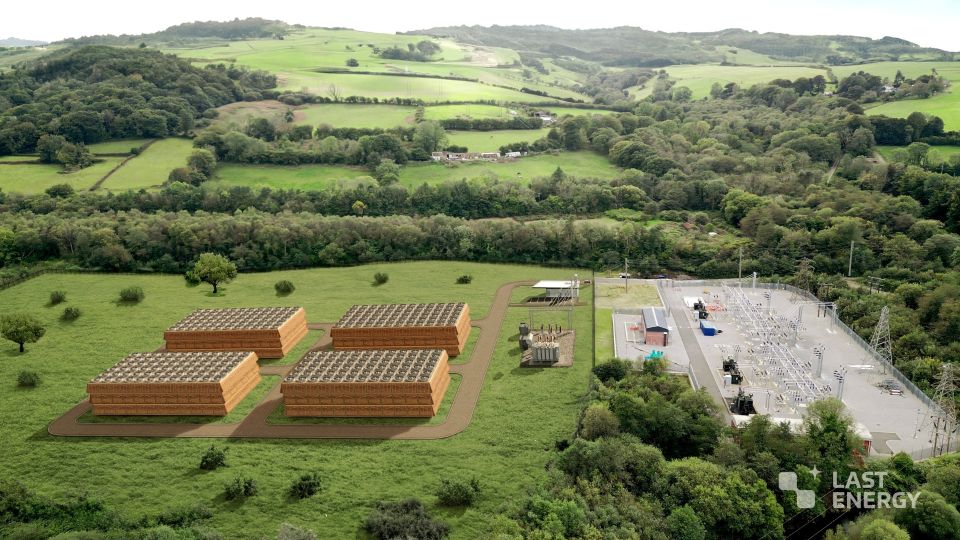The Defense Innovation Unit is managing the bid process on behalf of the army and has set a goal of having two microreactors operational at military bases by 2030, which means the process needs to move quickly, said DIU program manager Lee Robinson.
Quotable: “We’re living in dynamic times. Over the past several years, the energy sector has seen the emergence and convergence of two policies: the need to decarbonize and the need to achieve greater energy independence and security,” said Michael Flannigan, vice president of government affairs with the Nuclear Energy Institute, at an information day event this week to highlight the army project. “The past year has brought another projection for overwhelming increase in energy demand.”
To meet the rising demand and to provide security and resiliency to military bases, “there is no better high-density [power] source that can keep the lights on on a bad day, for a long time, under all circumstances,” said Rian Bahran, assistant director for nuclear strategy and technology in the White House Office of Science and Technology Policy.
The project: The army wants to site two microreactors at military bases by 2030 that are capable of providing 100 percent of all critical loads—preferably producing 3 MW–10 MW of power, utilizing uranium-235 enriched up to 20 percent.
The units should be locally controlled, with startup and shutdown capabilities with or without commercial availability and should include an alternative credited independent power source as backup.
Full specifications of the project requirements can be found on the DIU website.
Col. Chris Vitale, the U.S. Army’s director for operational energy and climate change, said current power sources at army bases are vulnerable. “There are times when there are gabs in power,” he said at Tuesday’s event. “Advanced nuclear is really the solution that makes sense.”
The army’s request for submissions comes on the heels of a White House summit on nuclear energy held May 29, during which the Biden administration launched a new Nuclear Power Project Management working group.
Project management: As a subset of the DIU, the Commercial Solutions Opening is overseeing the microreactor bid process. The CSO is a market-based approach that leverages the Other Transaction (OT) authority to tap into innovative private industrial investments and manufacturing capacity to build new military-specific prototypes.
The OT process is what put the space program on the move, Robinson said this week. “It’s just a faster, better way to get to a commercial operation and to get a good outcome.”
“Modular advanced nuclear power is a joint and global need. DIU Energy’s effort will help bolster and protect critical energy infrastructure, by providing a supply of carbon-free energy for emerging, future mission and facility needs within the [Department of Defense], allowing for installation energy resilience,” observed DIU Energy Portfolio director Andrew Higier.
This article has been updated to correct the name of Rian Bahran, assistant director for nuclear strategy and technology in the White House Office of Science and Technology Policy. An earlier version erroneously attributed his quote to Brian Buckman. Nuclear News regrets this error.







